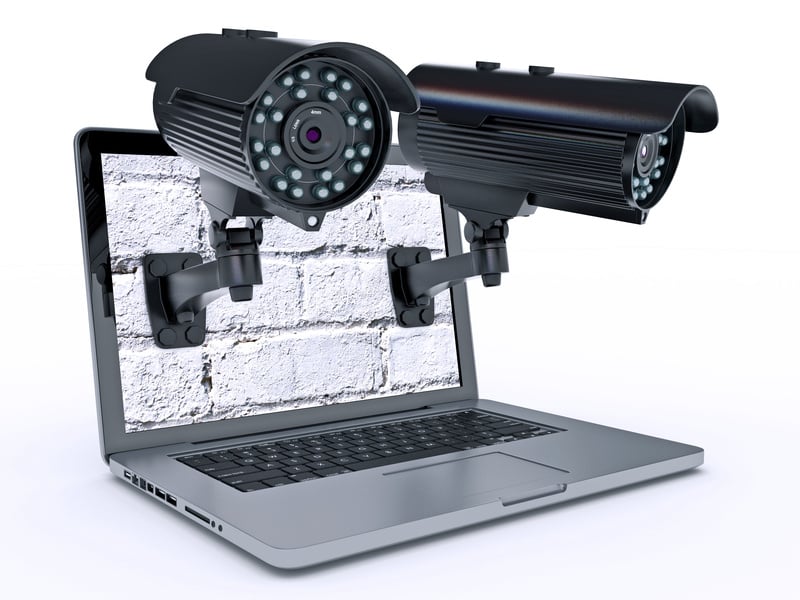The judgment issued by the Constitutional Court on 3 March 2016 ruled that when a company suspects that irregularities are being committed, it can monitor its employees with video-surveillance cameras and it is not required to inform the employees of the specific purpose or reason why such cameras are being installed.
In the case mentioned, the company had detected several irregularities in one of its stores, which made it suspect that one of its employees was misappropriating funds. Based on this suspicion, the company decided to install video-surveillance cameras without previously informing its employees. However, it did hang the relevant sign alerting to the cameras’ installation in a visible place on the shop’s window.
When the company discovered the employee was stealing from the cash register on a regular basis, it decided to carry out a disciplinary dismissal. The employee sued the company for dismissing her, seeking to have the decision declared null on the grounds that it violated her right to honour, privacy and dignity. The dispute was appealed and brought before the Spanish Constitutional Court, which ruled in favour of the company on the following grounds:
- The camera was installed by the company because it suspected that one of the employees in the store was stealing from the cash register.
- The employee was generically informed regarding the fact that video-surveillance cameras had been installed, because there was sign that said so. Thus, given the circumstances of the case, it was not necessary to specifically inform the employees why the installation had been carried out.
- The surveillance measure, which restricts fundamental rights, passed the three tests of proportionality: a) it was suitable to the company’s purposes, being that it allowed them to verify if the employees in the store actually committed the irregularities the company suspected; b) it was necessary, because installing the camera was the only way the company could dispel its doubts and know, in a legally verifiable manner, who exactly was committing the crime that previously it had just suspected; and, finally, c) the surveillance measure was prudent and proportional, given that the images were limited exclusively to the cash register area.
This judgment is important because it reasons that if a company hangs a simple sign stating that video-surveillance cameras have been installed, that is sufficient. However, due to the special circumstances of this case, whether or not courts will extend this more flexible interpretation of the law to those cases where video-surveillance cameras were already installed prior to there being evidence or suspicions of employee crimes, has yet to be seen.



